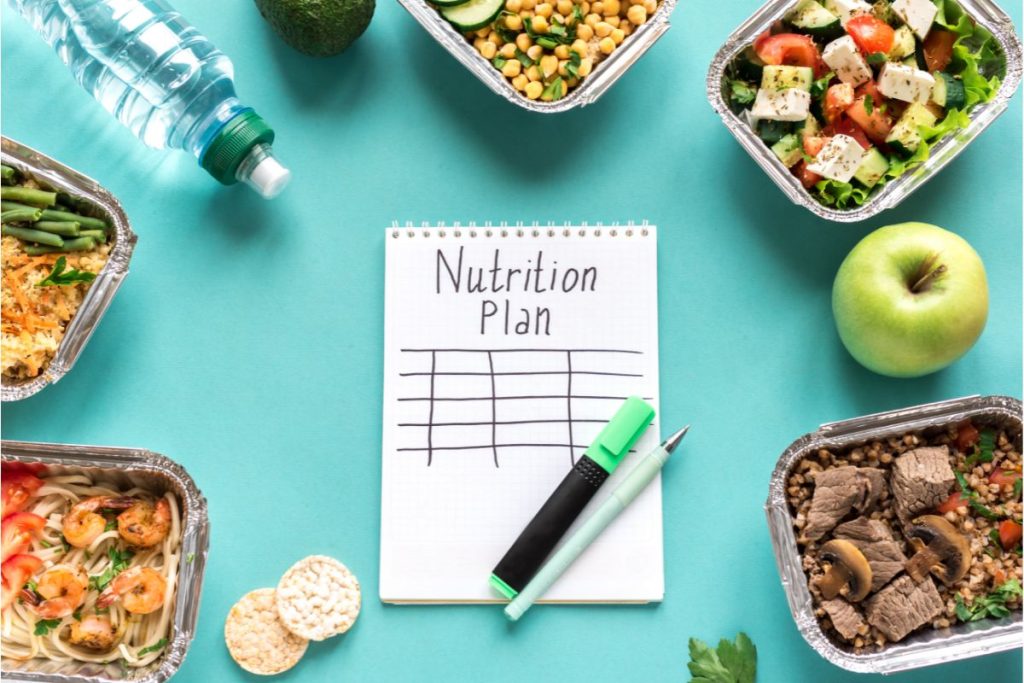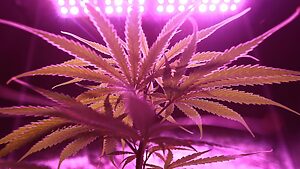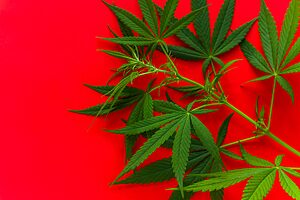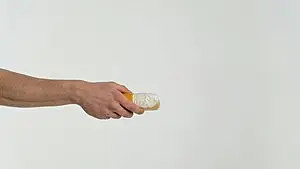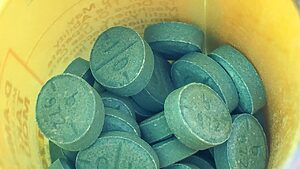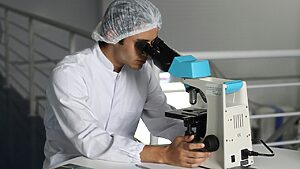Nutrition and Addiction Recovery
No one needs to tell you that recovery from addiction is challenging, especially if you’re in it. But what you may not have considered is how nutrition and addiction recovery relate to one another. Nutrition plays a huge role in helping to keep your mind, body and spirit healthy – and that’s exactly what the holistic approach to recovery prescribes.
By understanding how food contributes to brain health, physical health and overall wellness, recovering individuals have a better chance of avoiding relapse as well as reclaiming total health through recovery-aligned behaviors.
In this blog post, we’ll explore eight “brain foods” to nourish mental clarity and physical health in support of success in early stages of recovery from addictive behavior disorders. Familiarize yourself with which nutrient-rich superfoods will give you the edge when it comes to maintaining focus each day on positive lifestyle changes for lifelong health!
Nutrition for Brain Health in Recovery
Did you know that feeding your brain can actually improve its function? That’s right, nutrition plays an important role in supporting brain health. You might be thinking, “but Jasper, I thought junk food was the only thing that could make my brain happy.” Sorry to burst your bubble, but it’s actually the opposite! Foods like fruits, vegetables, and whole grains provide nutrients that help protect your brain cells and improve cognitive function. Plus, adding in some healthy fats like those found in nuts and fatty fish can enhance brain function even more. So next time you’re reaching for that bag of chips, remember that your brain might prefer a handful of almonds instead.
8 Foods for Optimal Brain Health
Want to boost your brain power? Look no further than your plate! Eating the right foods can have a positive impact on your cognitive function and overall brain health. So, what should you be munching on?
Here are eight brain-boosting foods to add to your grocery list:
- Salmon (full of omega-3 fatty acids)
- Blueberries (packed with antioxidants)
- Nuts and seeds (a great source of vitamin E)
- Dark chocolate
- Broccoli (full of vitamin K)
- Spinach (high in iron)
- Avocado (rich in healthy fats)
- Eggs (loaded with choline)
Why Nutrition and Addiction Recovery Should Both Be Part of Your Life
Picture this: a person battling addiction, finally taking the courageous step towards recovery. They walk into their first support group meeting feeling hopeful, but something’s off. They can barely get through an hour without feeling like they’re going to pass out. Yep, physical health plays a pretty important role in addiction recovery.
It’s not the only important aspect of the journey, but taking care of your body can make all the difference in the world. From improving mood to reducing cravings, exercise and a balanced diet can help you overcome hurdles one step at a time. So, if you’re on the road to recovery, don’t forget to give your body a little extra love along the way. It’ll pay off in the long run, we promise. A healthy diet can play a significant role in addiction recovery, both in terms of physical and mental health.
Here are some of the benefits of a healthy diet in addiction recovery:
1. Improves Mood and Mental Health
Studies have shown that a diet rich in whole foods, such as fruits, vegetables, whole grains, and lean proteins, can improve mood and reduce symptoms of depression and anxiety. This is because these foods contain nutrients, such as omega-3 fatty acids, B vitamins, and magnesium, which are essential for brain health and can help regulate mood and emotions.
2. Reduces Cravings and Withdrawal Symptoms
A healthy diet can also help reduce cravings and withdrawal symptoms associated with addiction. For example, eating foods high in protein, such as chicken, fish, and beans, can help stabilize blood sugar levels and reduce cravings for sugar and carbohydrates.
3. Promotes Physical Health
Addiction can take a toll on physical health, and a healthy diet can help restore balance and promote overall wellness. A diet rich in whole foods can reduce inflammation, boost the immune system, and provide the body with the nutrients it needs to function properly.
4. Boosts Energy and Improves Sleep
A healthy diet can also improve energy levels and promote better sleep, both of which are important for recovery. Whole foods provide the body with sustained energy, while sugary and processed foods can cause crashes and fatigue. Additionally, eating a balanced diet can help regulate sleep patterns and promote restful sleep.
Tips for Incorporating Good Nutrition and Addiction Recovery
Incorporating a healthy nutrition and addiction recovery can be challenging, especially in the early stages of recovery when cravings and withdrawal symptoms are common.
Here are some tips for making healthy eating a part of your recovery plan:
1. Make Small Changes
Making drastic changes to your diet all at once can be overwhelming and unsustainable. Instead, start by making small changes, such as incorporating more fruits and vegetables into your meals, and gradually work your way up to a more balanced diet.
2. Plan Your Meals
Planning your meals in advance can help ensure that you have healthy options available and reduce the likelihood of making unhealthy choices when cravings strike. Consider meal prepping for the week ahead or keeping healthy snacks on hand for when hunger strikes.
3. Seek Professional Help
If you’re struggling with nutrition in addiction recovery, consider seeking professional help. A registered dietitian can provide personalized guidance on nutrition and help you create a meal plan that meets your individual needs.
4. Avoid Triggers
Just the way people, places and things can be triggers for picking up a drug or a drink, there are certain foods which can help trigger binge eating, or at least cause you to crave more of something that isn’t good for you than you ought to eat. Refined sugar is the number one offender of course, but any food with simple carbohydrates and starches is pretty much the same. It’s tough to eat just one dinner roll, isn’t it? Better not to eat the first one.
Good Nutrition as a Part of a Recovery Lifestyle
No one’s going to tell you that eating a healthy diet alone will keep you sober. That isn’t the point of course. The point is that recovery from addiction is about reinventing yourself. A large part of recovery is about unlearning negative behaviors which don’t serve our best interests. The flip side to that is adopting new, healthier habits. Once you’ve been in recovery for a few years, it really sets in that recovery is about a lot more than just the drugs and alcohol. Adopting a recovery mindset means making room for self-care and self-love and one of the best and simplest modes of self-care is eating well.
If you or someone you know is struggling with a substance use disorder, mental health condition or a combination of the two, Texas Recovery Centers would like to help. Give us a call anytime at: 844-230-5931 and we’ll be happy to answer any questions you have about addiction treatment, mental health or recovery.






